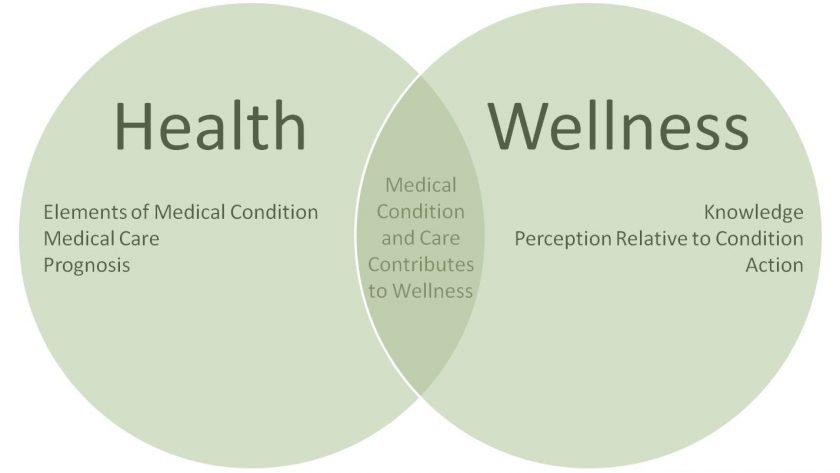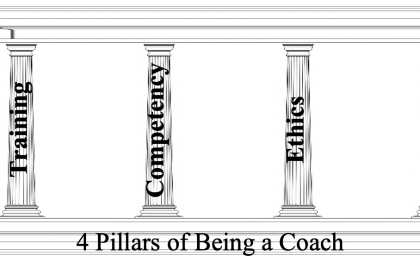Merriam-Webster includes “the overall condition of someone’s body or mind” in their definition of health. Dictionaryreference.com defines health as “the general condition of the body or mind with reference to soundness and vigor; soundness of body or mind” Dictionaryreference.com includes “an approach to healthcare that emphasizes preventing illness and prolonging life, as opposed to emphasizing treating diseases” for wellness.
For example, an individual may state he/she is in relatively good health and feels he/she is in an optimal state of
 wellness. Or they may state they are in an optimal state of wellness even with significant health symptoms.
wellness. Or they may state they are in an optimal state of wellness even with significant health symptoms.
Health means different things to different people. The various components typically include mental, physical, and emotional health. This is often expanded to address social, financial, intellectual, and emotional health.
Wellness implies working for and / or maintaining an optimal level of health and well-being. It involves learning about health and wellness, identifying values and priorities, planning, making decisions to move forward with actions, the implementation of plans and actions to move towards optimal health, and accountability.
Health is determined by the elements of a medical condition, prognosis, and medical care.
Wellness is determined by knowledge, perception related to the condition, and the personal action to improve or maintain the condition.





